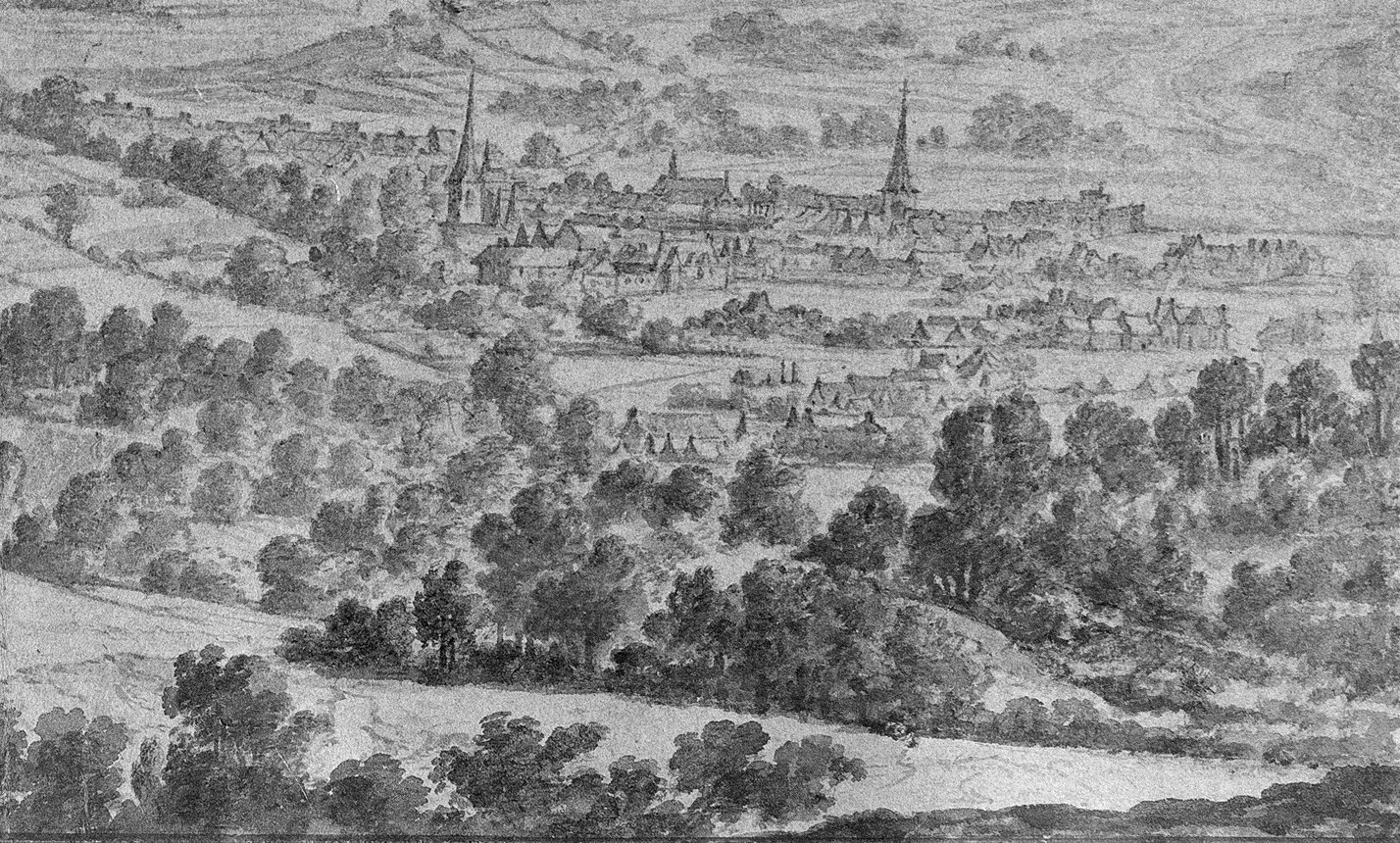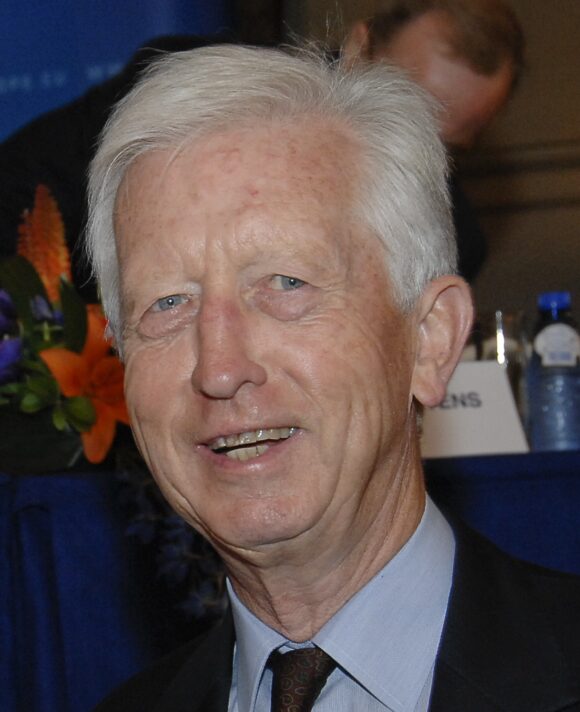At the end of the 1960s, the discussion about the autonomy of German-speaking Belgians picked up traction. Many voters asked themselves what place the German speakers should have in the Belgian state after the first constitutional reform: how many German speakers should be represented in parliament and the senate? Should there be a constituency for the German speakers? Is East Belgium still part of the province of Liège or not? How should the cultural council of the German cultural community be composed, what powers should it be given, and how should it be elected?
One person who influenced the answers to all these questions was Charles-Ferdinand Nothomb. He accompanied and shaped the development of East Belgium, among other things, as party leader of the francophone Christian Social Party (PSC) from 1972 to 1979. In this context, he was an important voice in the debate on the autonomy of the German-speakers in three respects: He got to know the politicians of East Belgium early in his career and came into contact with them, among other things, at party conferences.
As a parliamentary assistant, he again dealt with issues affecting the German speakers very early in his career in the 1960s. Last but not least, his family background must be mentioned. His father, Pierre Nothomb, was one of the driving forces behind the Belgian annexationist movements after the First World War. With a little exaggeration, one might say that Pierre Nothomb made Eupen-Malmedy part of Belgium.
In 1972, Charles-Ferdinand Nothomb influenced the future of East Belgium for the first time when he put the problems of East Belgium on the agenda in a consultation with Edmond Leburton, who later became prime minister. Upon his initiative, a government department for the German Language Area was set up, which, however, only existed for a few months and could only rudimentarily solve the numerous problems of the German speakers. During the tenure of Secretary of State Willy Schyns, the government department established that the Council of the German Cultural Community would be democratically elected. However, it could not find a solution to the so-called ‘war damage question’ the short period of its existence. Nothomb does not seem to have advocated the continuation of this key to the solutions of the problems of the German speakers.
In the following years, interest in the concerns of the German-speaking Belgians appears to have increased in the mid-1970s, so that Nothomb granted East Belgium a separate role as a bridge in German-Belgian cultural relations. However, since he did not succeed in making the concerns of German-speakers heard at the national level in the context of the further regionalisation of Belgium, he lost importance for the German-speaking Christian Social Party. This was also due to his restraint in the early 1980s regarding a further transfer of competences in favour of the German cultural community, and to the fact that he had to devote his attention to other issues as foreign minister,
It is hard to historically assess Charles-Ferdinand Nothomb’s influence on East Belgium. As leader of the French-speaking Christian Social Party, he appeared to have breathed new life into numerous bills. However, he also had to act mainly as a mediator between the different wings of his party.
In this assessment, it must be taken into account above all that Nothomb was not a federalist and could only devote time to a certain extent to the issues facing the German-speakers. Above all, his party, which also did not have a clear voice on autonomy, made Nothomb’s actions look like he was manoeuvring between two poles. Even if he harboured sympathies for the East Belgians, the leader of the Francophone party never encouraged and strengthened the East Belgians in the same way as a Leo Tindemans – leader of the Flemish Christian Social Party – had done.
Again, his party affiliation must be cited as the reason. While Tindemans did not have to take into account the sensitivities of his party colleagues, Nothomb always acted in the context of his party, and in particular, its sections within the province of Liège. For a long time, the party headquarters in Verviers and Liège remained very sceptical about the emancipation efforts of the German-speaking Belgians, so that their actions often appeared paternalistic. In this context, the Flemish Christian Socialists appeared to be much more receptive and understanding – also against the background of their own autonomy aspirations – than their Francophone sister party.
For the second time, Nothomb came into closer contact with the German-speaking community in his capacity as President of Parliament (1996-1998). Among other things, he made Patricia Creutz-Vilvoye from Eupen Deputy Secretary General of the Christian Social Party at this time. Likewise, Albert Gehlen, German-speaking Member of Parliament 1981-1999, was a close confidant during this period. In particular, the concerns of a rural region such as East Belgium and the relations between Luxembourg, Germany, and Belgium bring him closer to the same region.
Source
Christoph Brüll, ‘Charles-Ferdinand Nothomb et les Belges germanophones: contribution à l’histoire des relations entre P.S.C. et C.S.P.’, in Philippe Annaert, Catherine Lanneau, Vincent Dujardin (dir.), Charles-Ferdinand Nothomb. Une homme d’État, une époque. Actes du colloque tenu à Saint-Hubert le 10 juin 2016, Bruxelles, Archives Générales du Royaume, 2016, p. 87-98.

